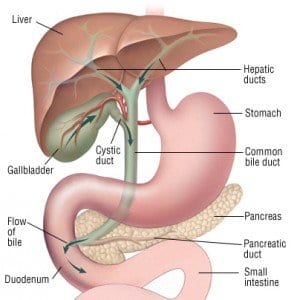
According to research that was presented at the Experimental Biology Conference in Boston, eating grapes may protect against the damage that is created by the progression of metabolic syndrome. It is the natural components called polyphenols that are thought to bring these beneficial effects.
The study, which was led by chief investigator E. Mitchell Syemour, Ph.D of the University of Michigan Health System included the effects of a high fat, American diet. One study was created with the use of grapes and one was implemented without them. The fat tissue, heart, kidneys, and liver was all studied in obesity-prone rats. Grapes were used in different varieties (green/red/black) and consisted of a freeze-dried grape powder. This powder was integrated into the animal’s diet for 90 days.
Continue reading “Can Grapes Protect Against Metabolic Syndrome-Related Organ Damage?”








